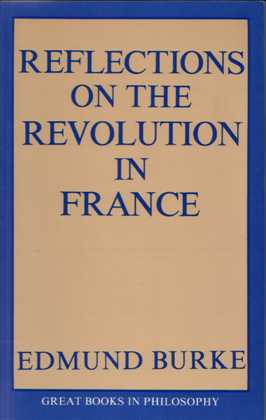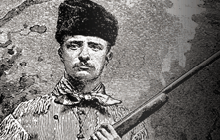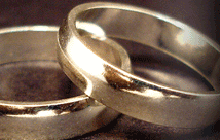- In order for man to self govern, man must also self govern themselves.
- This implies that more than freedom was necessary to control the passions of man.
- James Madison said in Federalist #51, “If men were angels, no government would be necessary… you must first enable the government to control the governed; and in the next place oblige it to control itself.”
- John Adams once said that “Our Constitution was made only for a moral and religious people. It is wholly inadequate to the government of any other.”
- Traditionalists, like the Founders, wanted to answer this question – “What were the ideal civic virtues needed to maintain the capacity for self government?”
- Traditionalism is about conserving the values, customs and traditions that have been established over centuries, through Western Civilization, that have led to an orderly and prosperous society.
- Traditionalists believe in a transcendent moral order that has been passed down through the generations that emphasize focusing on preserving the civil society – institutions not formally associated with government.
- These institutions include family, churches, schools, local communities and private associations. It is these institutions that were to form and pass down civic virtue from one generation to the next – not the government.
- The intellectual precursors of Traditionalism according to Dr. Deneen were Aristotle, Thomas Aquinas, Edmund Burke, and Alexis de Tocqueville.
- Each thinker contributed to a better understanding of truth and human nature that could be discerned through human reason.
- The leading modern traditionalist thought leaders were Richard Weaver (Ideas Have Consequences). Russell Kirk (The Conservative Mind and Roots of American Order) and Robert Nisbet (The Quest for Community).
- It is important to note that Traditionalists are not synonymous with social conservatism, as traditionalists are more philosophically focused and social conservatives are more politically focused.











